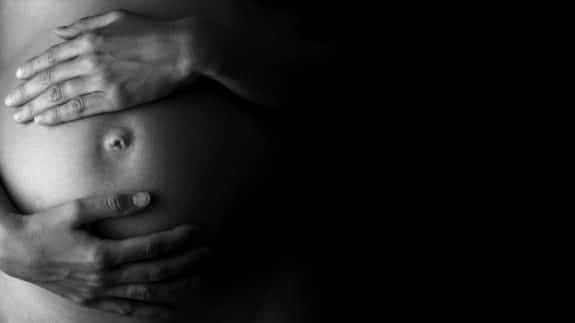People have been trying to predict baby genders for centuries. A new study published online in Brain, Behavior, and Immunity says that women who are carrying a female child may actually experience heightened inflammation which could make them feel worse during their pregnancy.
The sex of the baby is associated with immune responses, and women carrying a female fetus have a greater immune response than those carrying a male. That difference could be a factor in levels of morning sickness and food cravings experienced during pregnancy. Feeling really bad? Odds favor you’re carrying a girl.
For the study, researchers looked at 80 women throughout their pregnancies, specifically checking the differences in their levels of an immune marker called cytokines – the cell signaling molecules that aid in communication of immune responses. The cytokines also stimulate the movement of cells toward the site of any inflammation, infection, or trauma.
Scientists found that women carrying a female had more pro-inflammatory cytokines when they were exposed to bacteria, which translates into a greater immune response. Lead study researcher Amanda Mitchell told Science Daily that the research helps “recognize that fetal sex is one factor that may impact how the woman’s body responds to everyday immune challenges.”
It’s a first step toward discovering how a woman responds to chronic health conditions like asthma during pregnancy, and learning whether those responses will impact the health of the baby.
While female fetuses might cause more discomfort during pregnancy, male fetuses are associated with more risky pregnancies and births. The primary reason is that the male fetus will grow much faster, putting it at higher risk for poor nutrition. A 1999 study showed that historically, in times of famine, the number of healthy male births dropped dramatically as compared to healthy female births.







